Assam, Sept 24 (V7N) – Heartbreaking news from Singapore has plunged Assam into grief and outrage as multiple media outlets confirmed the tragic demise of legendary Assamese singer Zubeen Garg. The 52-year-old music icon, who had been unwell for several months, was taken to Singapore to participate in the North East India Festival held on September 19, 20, and 21. His sudden death shocked millions of admirers across the region and beyond.
Questions quickly emerged over why Zubeen, advised by doctors in Guwahati to avoid strenuous activities, fire, and water, was allowed to travel and engage in such programs. Video clips circulating on social media, showing him swimming without a life jacket, sparked anger and disbelief among fans. Many netizens criticized the lack of proper care and transparency surrounding the events that led to his tragic end.
For nearly five days, life in Assam came to a standstill. Markets remained closed, streets fell silent, and people gathered at roadside corners with life-sized portraits of their beloved “prince of melody.” Newspapers devoted entire front pages to him, while television channels broadcast continuous coverage of developments and tributes. From Guwahati airport to his residence, crowds of heartbroken fans poured in to pay their respects. Thousands more traveled from different corners of Northeast India, turning Guwahati into a sea of mourning voices filled with tears and chants of love.
Born on November 18, 1972, in Tura, Meghalaya, Zubeen Garg was originally named Jiban Borthakur. His father, Mohini Mohon Borthakur, a retired magistrate and writer under the pen name Kapil Thakur, and his mother, Ily Borthakur, a noted classical singer, instilled in him a deep love for music. He had two sisters, Jonkey—who tragically died in a road accident—and Palme, a professional based in Guwahati. In 2002, he married Garima Saikia, a well-known fashion designer.
Zubeen rose to national fame with his soulful rendition of “Ya Ali” in the Bollywood film Gangster (2006). Over the decades, he sang thousands of songs across multiple languages, played numerous instruments, and remained a central figure at Assam’s Bihu celebrations. A philanthropist, animal lover, actor, and filmmaker, he received numerous awards and became a household name across India’s northeast and beyond.
Confusion surrounded his final days, as contradictory reports circulated about the cause of his accident. Singapore’s widely read daily, The Straits Times, reported that he was rescued from the sea by police and admitted to Singapore General Hospital in a critical condition on September 19. Despite intensive care, doctors could not revive him. His sudden passing led to police complaints being filed in various parts of Assam, with demands for investigations into alleged negligence and mismanagement.
On September 21, Zubeen’s mortal remains were received in New Delhi by Assam Chief Minister Himanta Biswa Sarma and flown to Guwahati. His body, carried in a flower-decked ambulance, was taken through massive crowds to his Kahilipara residence and later placed in a glass casket at Sarusajai Stadium for public homage. On September 23, he was cremated with full state honors at Kamarkuchi near Guwahati, as thousands chanted, “Zubeen Garg will live forever.”
The scale of mourning has drawn parallels with the passing of Dr. Bhupen Hazarika, another legendary Assamese cultural figure who died in 2011. Just as with Hazarika, Zubeen’s voice, artistry, and legacy are expected to echo across generations, binding Assam and its people with an undying bond of music and memory.
Goodbye, prince of melody. Assam will remember you for centuries to come.
END/NJT/SMA/











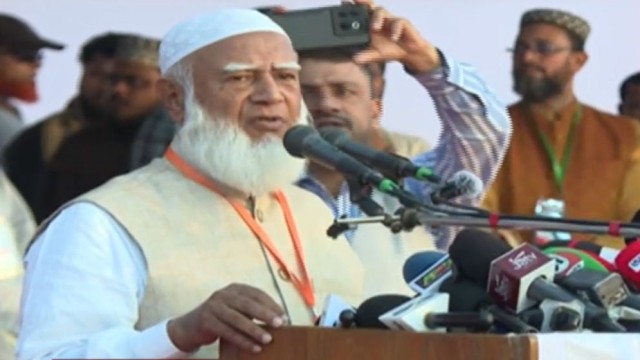
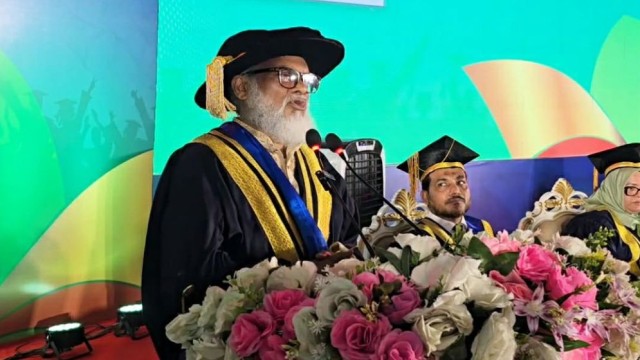

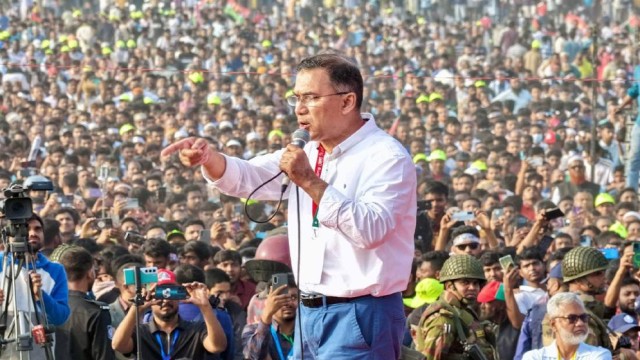
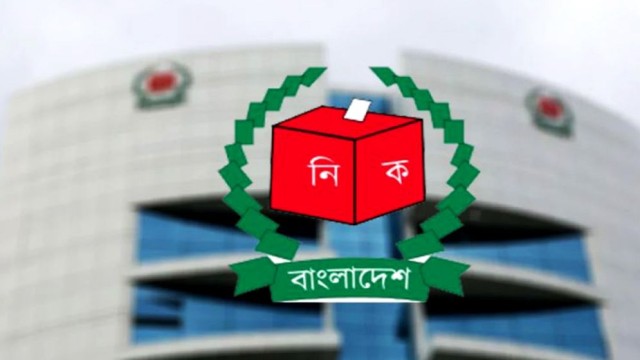
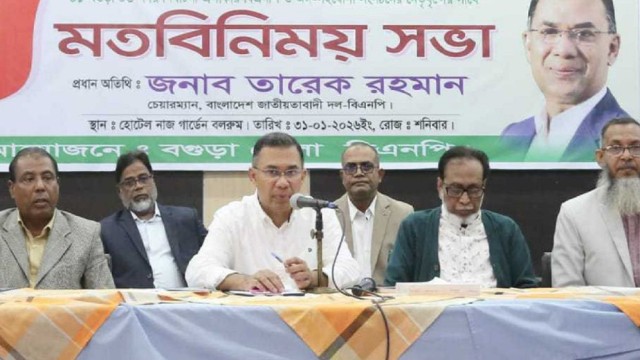

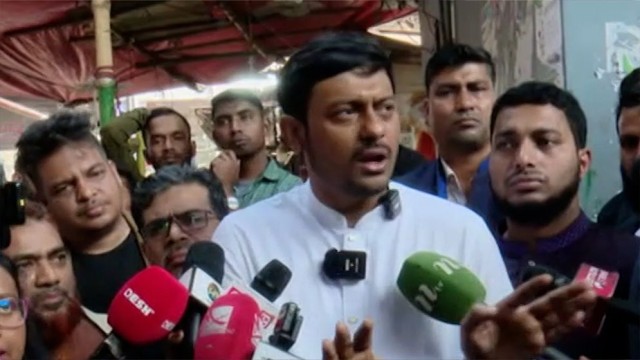
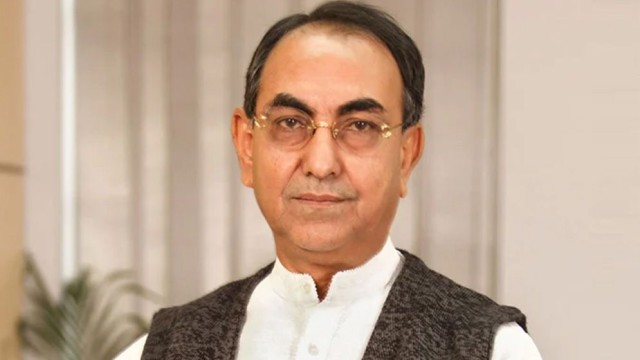


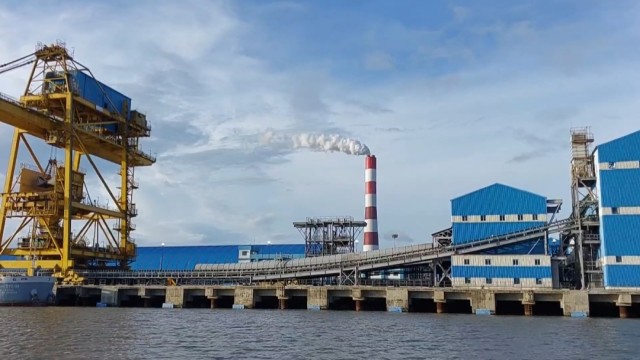
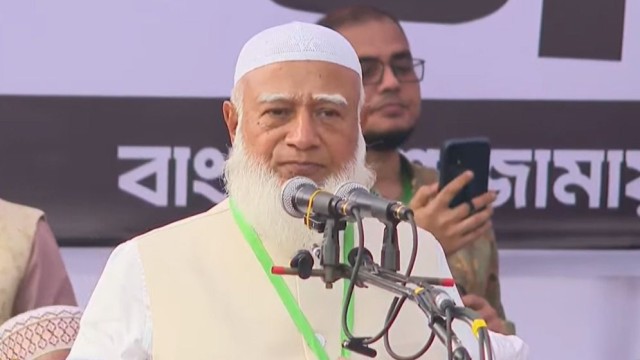


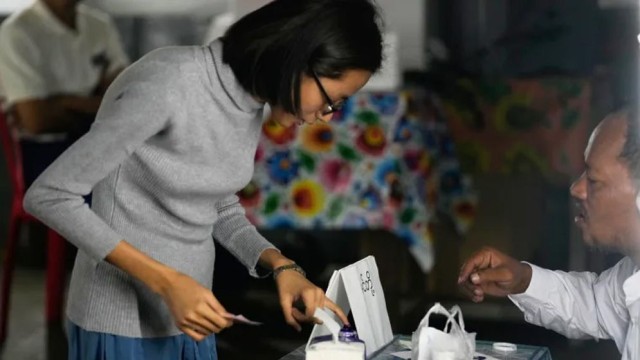
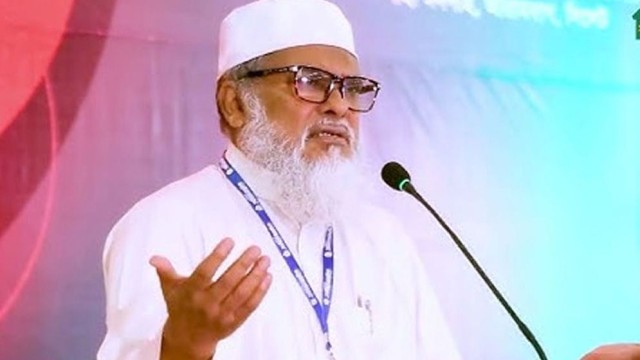
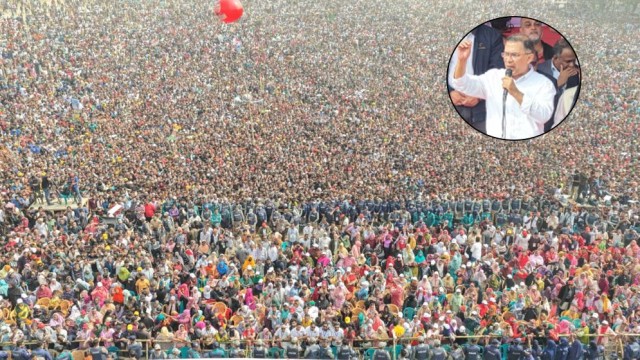
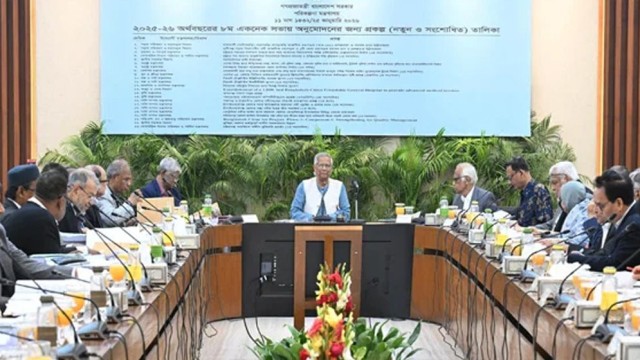
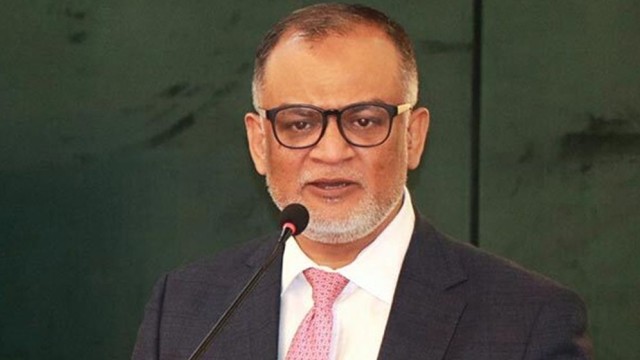
Comment: